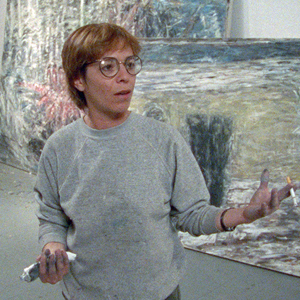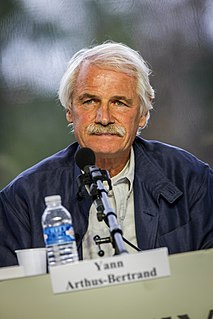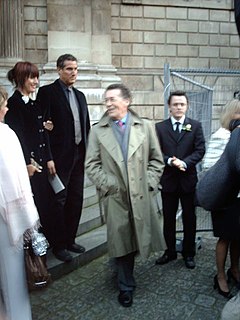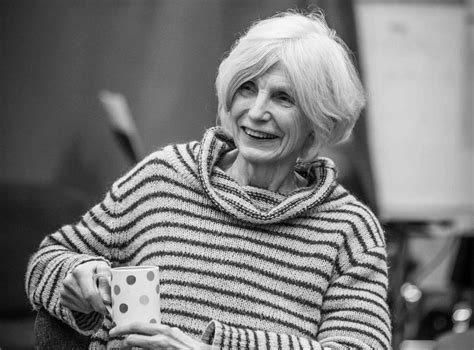A Quote by Burton Silverman
The beginning of a painting is a very energized, exciting time, and it generates most of the energy I have. If I've gotten 75 per cent of it down, then it takes an effort to really get up that kind of energy to finish it in the same way it's begun.
Related Quotes
And you can put your total energy for the inner eye. The outside eyes are wasting eighty percent of energy - it is the major part. Man has five senses, eighty per cent is taken away by the eyes and only twenty per cent is left for the other four senses. They are very poor people, those four. Eyes are very rich, they have monopolised the whole thing; hence it is good - eighty per cent energy is saved - and that can be immediately used for witnessing, for seeing your inner world. hence in the East we call a person who is blind 'pragyanshakshu' - this word is untranslatable.
The fact is that seven per cent of the global population emits 50 per cent of greenhouse gas emissions, and the proportions are the same for the use of energy and raw materials, meat, wood, etc. Simply put, an infinitesimal minority consumes the most and imposes damage on the overwhelming majority, while asking it to change.
J.C. [Chandor] was the kind of energy we were looking for, so we decided to get behind it with all of our effort. That was the beginning of our relationship with first-time feature directors, and that's when it became really important to us, watching them thrive and grow in a creative environment in which you can do that was really key. Also his work checked all the boxes, because it was socially relevant and intellectually driven, and creatively exciting.
I believe there is some kind of magic that comes just from looking at somebody. In the beginning, I called it "Genius" in a very cynical way. Then I started to look at real geniuses in history and all of them have the same expression, of something very bitter. It's bitter because they have this kind of knowledge that they cannot share. They don't have the time or energy to deal with other people.
Part of the pleasure of giving a reading comes from the rapport between the audience and the poet. I don't want to get mystical here, but there's an energy flow that begins with the poet, and the energy goes out to the audience, and they're energized, and then they return that energy to the poet. As someone standing up there alone, facing these people, I can feel that rapport (or its absence).
Sometimes when you write something, you have that day when you start writing and you feel really good, and you start changing it. At the end, it lost the essence. It lost the first idea, the energy that it had, it's going down after every change. And at the end it's something soft and too much rewritten or too much rebuilt that doesn't have the same energy as the beginning. So, I like the first takes because of that, you know. It has that first energy that sometimes it's difficult to recreate.
If college cut-offs are above 90 per cent in a particular class, then where would mediocre students with 60 per cent or 70 per cent go? Students who secure 60-70 per cent marks are also intelligent, but they could not get admission in courses of their choice for scoring lower marks than the toppers.








































